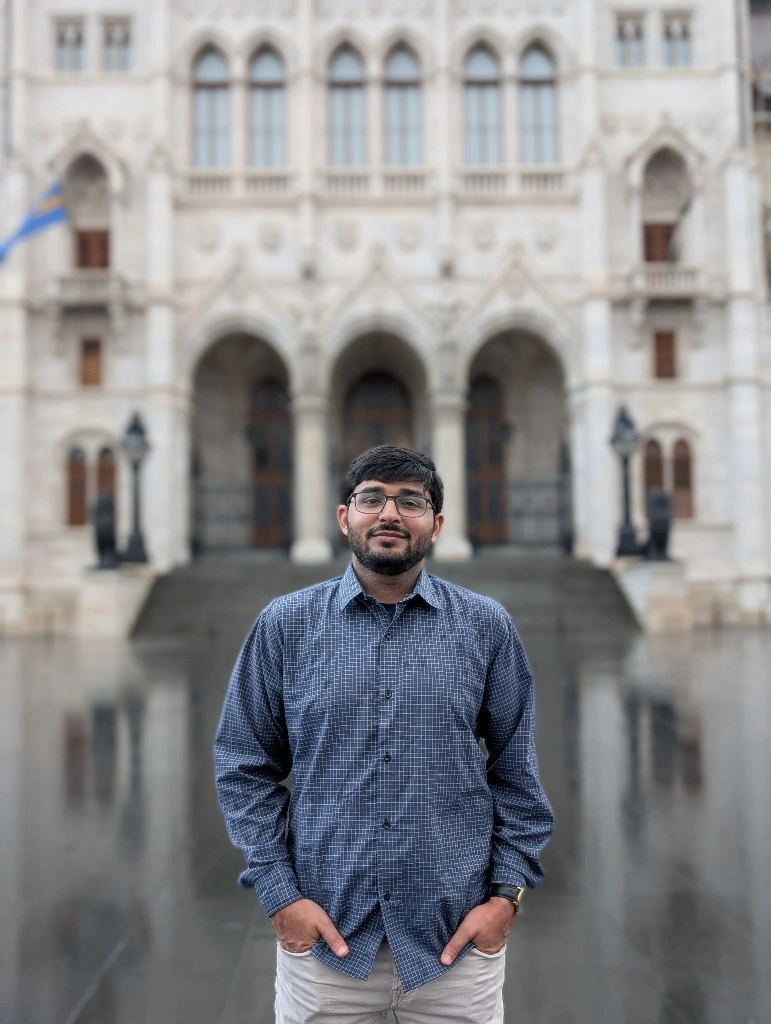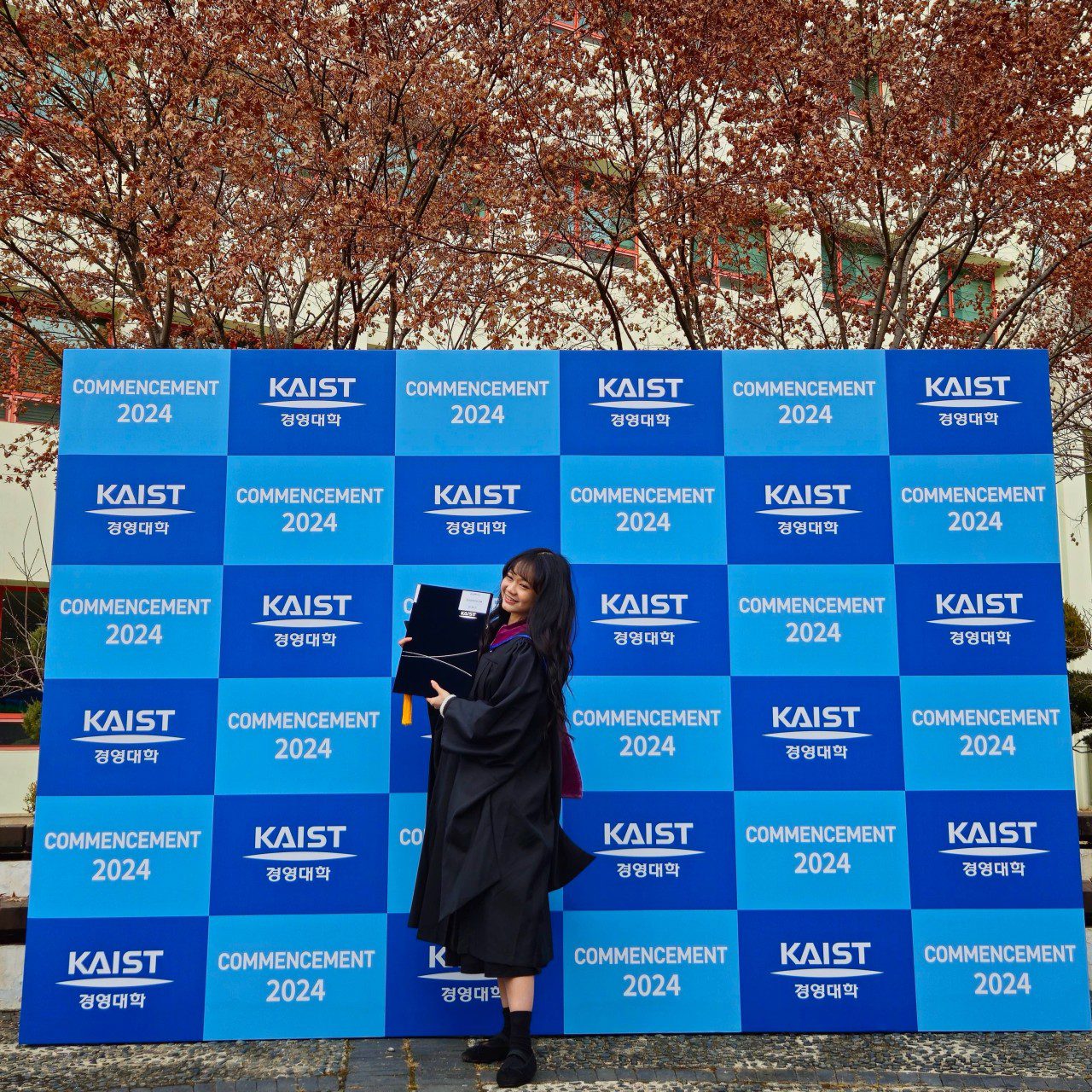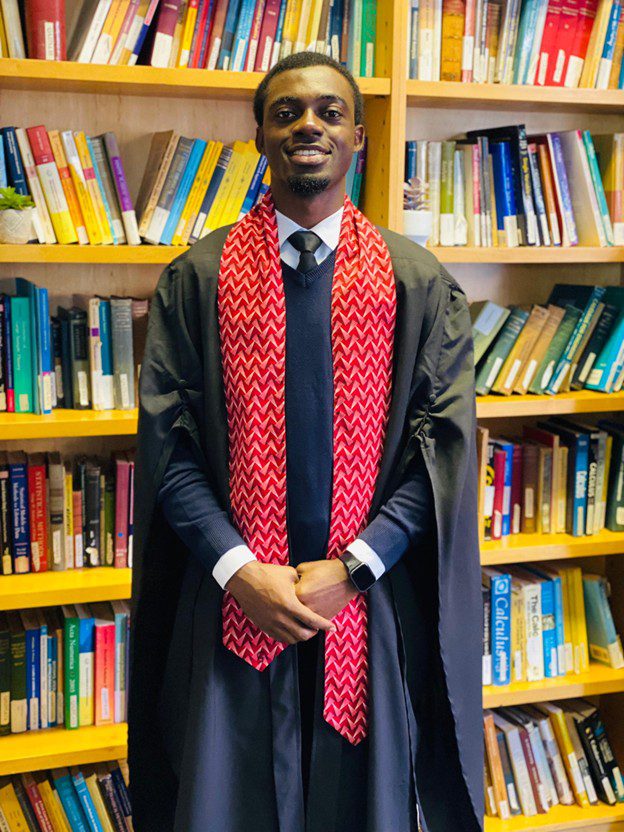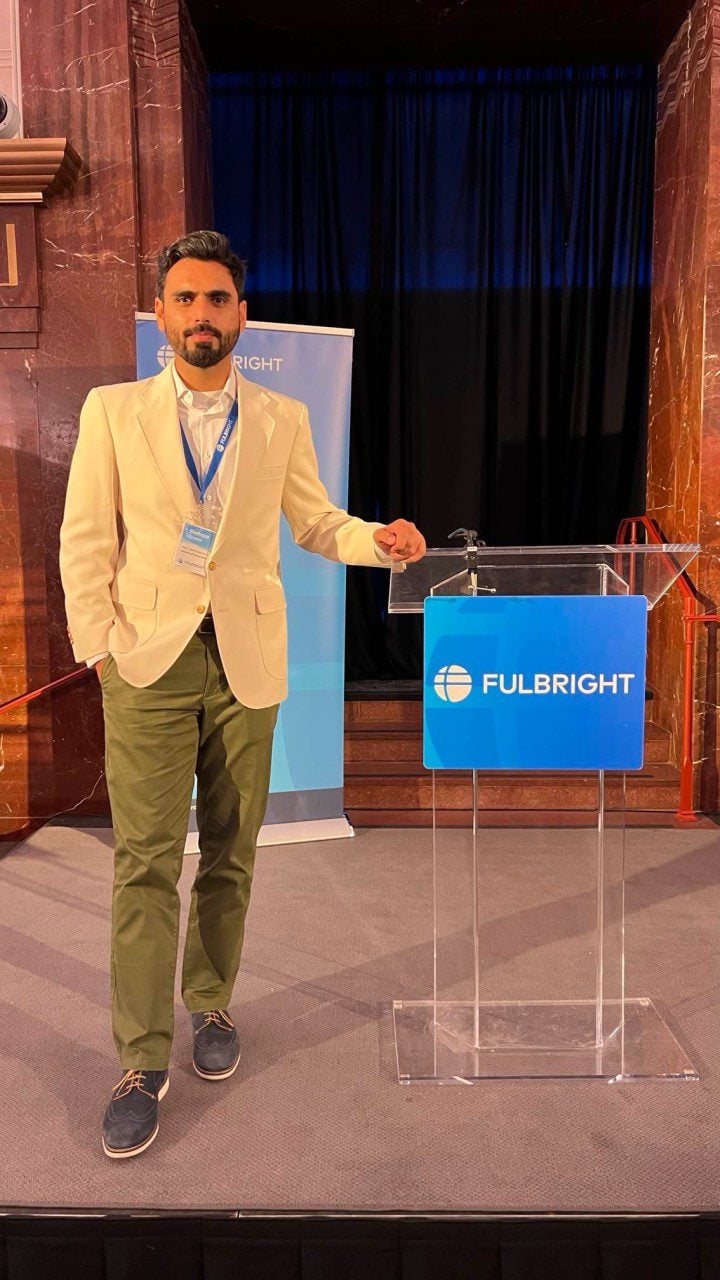Erasmus Mundus Scholar, Muhammad Hassaan from Pakistan, Completed His Master’s in Smart Systems Integrated Solutions Across Finland, Norway, and Hungary
University: Aalto University (Finland), University of South-Eastern Norway (Norway), and Budapest University of Technology and Economics (Hungary)
Degree: Erasmus Mundus Joint Master’s in Smart Systems Integrated Solutions (SSIs)
Previous Education: Bachelor’s in Electrical Engineering, Pakistan Institute of Engineering and Applied Sciences (PIEAS)
Scholarship: Erasmus Mundus Scholarship – Fully Funded (tuition, travel, insurance, and monthly stipend)
Other Offered Scholarships (if any):
– Free Tuition at the University of Paris-Saclay
– Research Scholarship from Grenoble INP for MISTRE
Social Media
LinkedIn: linkedin.com/in/hassaan18/

The Journey
I am an Erasmus Mundus Master's graduate in Smart Systems Integrated Solutions (SSIs), with a focus on Microsystems, ASIC Design, and single-chip solutions. As part of my program, I have studied in Finland (Aalto University), Norway (University of South-Eastern Norway), and Hungary (Budapest University of Technology and Economics), and did my thesis at IMEC, Leuven, Belgium, in collaboration with KU Leuven. My journey has been centred around advanced semiconductors, low-power design, and chiplet-based solutions.
Educational Background
Before joining Erasmus Mundus, I completed my Bachelor's degree in Electrical Engineering from PIEAS (Pakistan Institute of Engineering and Applied Sciences) with a specialization in embedded systems and electronics design. After graduation, I worked as an embedded systems engineer, designing and testing hardware platforms and microcontroller-based systems. That practical exposure helped me understand real-world performance bottlenecks and sparked my interest in understanding hardware at a much deeper level, from system architecture to transistor-level design. Moreover, I was a part of a spin-off from a research group, so I have been involved in both academic and industrial prospects of solutions, and this foundation prepared me well for a multi-country semiconductor-focused academic environment.
How Did You Prepare to Apply to the Institutions?
I identified programs with strong hardware design and SoC design tracks, along with the industrial partnerships and startup ecosystems. I studied course structures and research opportunities at partner universities. I strengthened my technical profile through hands-on embedded projects, hardware debugging, and research publications. I also structured my motivation letter to clearly explain my transition from system-level work toward chip-level architecture and semiconductor research.
How Did You Prepare to Apply for the Erasmus Mundus Scholarship?
I focused on building a clear profile that is relevant to the program and which I highlighted in my cover letter.
- Practical embedded systems experience
- Challenges faced due to chip-level constraints
- Motivation to pursue deep semiconductor and IC knowledge
- Long-term goal to design efficient and scalable hardware architectures
I prepared strong letters of recommendation highlighting my technical background and research potential. I also applied early, tailored my statement to the program's strengths, and highlighted how the program and European ecosystem aligned with my career goals.
Were You Offered any Other Scholarships?
Free Tuition at the University of Paris-Saclay
Research Scholarship from Grenoble INP for MISTRE
Could You Briefly Discuss the Erasmus Mundus Program You Pursued and the Specific Field of Study It Focused On?
I pursued the Erasmus Mundus Joint Master's in Smart Systems Integrated Solutions. The program focuses on advanced IC design, semiconductor technology, embedded systems, and heterogeneous system integration. My track emphasizes chip architecture, design methodologies, and single-chip solutions. I did my thesis at imec on power-delivery challenges in sub-2nm technology nodes, mainly aiming to deepen my understanding of chip-level power integrity and next-generation architectures.
How Did the Cost of Living Vary Across the Countries You Studied In? Which Country Was the Most Affordable or Expensive, and How Did You Manage Financially?
In terms of affordability, I would rank the countries as Finland, Hungary, and then Norway. Norway was the most expensive, and it can be challenging to manage living costs within the stipend alone. You either need personal savings or additional income. In my case, I did freelance work to support my expenses.
Finland and Hungary are relatively comparable overall. In Finland, student housing is very affordable and of good quality, which helps reduce overall living costs. In Hungary, however, student accommodation can be expensive and difficult to secure, but this is somewhat balanced by the lower cost of food, transportation, and general living expenses. Overall, Finland and Hungary are manageable, while Norway requires careful financial planning.
Did You Face Any Language Barriers, and if So, How Did You Overcome Them? Did the Language of Instruction Change from One Country to Another?
The language of instruction throughout the program was English, so I did not face any academic language barriers. In Finland and Norway, English is widely spoken, making it easy to communicate in daily life as well. However, in Hungary, basic knowledge of Hungarian is helpful for interacting with locals in everyday situations. As part of the program, we also took introductory language courses at each university, which helped us adapt culturally and manage daily communication more effectively.
Would You Recommend the Erasmus Mundus Program to Others? What Advice Would You Give to Someone Considering This Scholarship?
Yes, especially for students passionate about deep technical specialization and global exposure. Erasmus Mundus provides an outstanding academic environment, international mobility, and access to European research and industry networks. However, one must be willing enough to move every semester, as it requires a high level of motivation and effort.
Advice for Future Applicants
- Start early and tailor your statement of purpose to your technical journey
- Highlight hands-on experience and concrete career goals
- Show motivation for global learning and multidisciplinary engineering
Looking Back, Would You Have Done Anything Differently During Your Time in the Program?
I would take advantage of more research collaboration opportunities across partner universities and begin local language learning earlier.
Want to submit your
scholarship journey?
Submit Your Story Here!
More Scholarship Recipients

My name is Vania Estrellita Soegiarto, and I am from Indonesia. I pursued a Finance MBA at KAIST Business School in South Ko .... Read more

Hello, I’m Toyeeb Olamilekan Abubakar from Nigeria. I earned a Bachelor of Science degree in Statistics from the Universit .... Read more

My name is Shehryar Jafar, and I’m from Karachi, Pakistan. I’m currently a PhD student in Electrical Engineering at the .... Read more

Leave A Comment